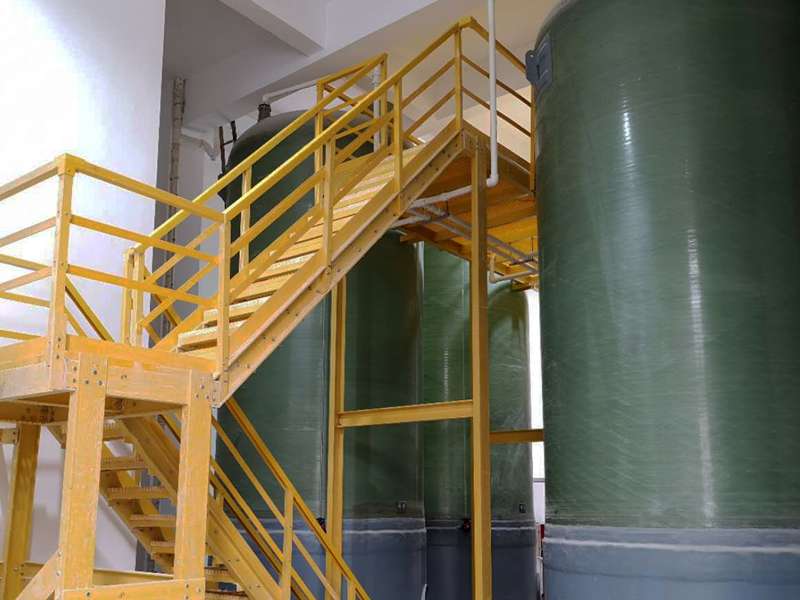
-
 Afrikaans
Afrikaans -
 Albanian
Albanian -
 Amharic
Amharic -
 Arabic
Arabic -
 Armenian
Armenian -
 Azerbaijani
Azerbaijani -
 Basque
Basque -
 Belarusian
Belarusian -
 Bengali
Bengali -
 Bosnian
Bosnian -
 Bulgarian
Bulgarian -
 Catalan
Catalan -
 Cebuano
Cebuano -
 China
China -
 China (Taiwan)
China (Taiwan) -
 Corsican
Corsican -
 Croatian
Croatian -
 Czech
Czech -
 Danish
Danish -
 Dutch
Dutch -
 English
English -
 Esperanto
Esperanto -
 Estonian
Estonian -
 Finnish
Finnish -
 French
French -
 Frisian
Frisian -
 Galician
Galician -
 Georgian
Georgian -
 German
German -
 Greek
Greek -
 Gujarati
Gujarati -
 Haitian Creole
Haitian Creole -
 hausa
hausa -
 hawaiian
hawaiian -
 Hebrew
Hebrew -
 Hindi
Hindi -
 Miao
Miao -
 Hungarian
Hungarian -
 Icelandic
Icelandic -
 igbo
igbo -
 Indonesian
Indonesian -
 irish
irish -
 Italian
Italian -
 Japanese
Japanese -
 Javanese
Javanese -
 Kannada
Kannada -
 kazakh
kazakh -
 Khmer
Khmer -
 Rwandese
Rwandese -
 Korean
Korean -
 Kurdish
Kurdish -
 Kyrgyz
Kyrgyz -
 Lao
Lao -
 Latin
Latin -
 Latvian
Latvian -
 Lithuanian
Lithuanian -
 Luxembourgish
Luxembourgish -
 Macedonian
Macedonian -
 Malgashi
Malgashi -
 Malay
Malay -
 Malayalam
Malayalam -
 Maltese
Maltese -
 Maori
Maori -
 Marathi
Marathi -
 Mongolian
Mongolian -
 Myanmar
Myanmar -
 Nepali
Nepali -
 Norwegian
Norwegian -
 Norwegian
Norwegian -
 Occitan
Occitan -
 Pashto
Pashto -
 Persian
Persian -
 Polish
Polish -
 Portuguese
Portuguese -
 Punjabi
Punjabi -
 Romanian
Romanian -
 Russian
Russian -
 Samoan
Samoan -
 Scottish Gaelic
Scottish Gaelic -
 Serbian
Serbian -
 Sesotho
Sesotho -
 Shona
Shona -
 Sindhi
Sindhi -
 Sinhala
Sinhala -
 Slovak
Slovak -
 Slovenian
Slovenian -
 Somali
Somali -
 Spanish
Spanish -
 Sundanese
Sundanese -
 Swahili
Swahili -
 Swedish
Swedish -
 Tagalog
Tagalog -
 Tajik
Tajik -
 Tamil
Tamil -
 Tatar
Tatar -
 Telugu
Telugu -
 Thai
Thai -
 Turkish
Turkish -
 Turkmen
Turkmen -
 Ukrainian
Ukrainian -
 Urdu
Urdu -
 Uighur
Uighur -
 Uzbek
Uzbek -
 Vietnamese
Vietnamese -
 Welsh
Welsh -
 Bantu
Bantu -
 Yiddish
Yiddish -
 Yoruba
Yoruba -
 Zulu
Zulu
High-Quality Fiberglass Products for Thermal and Nuclear Power Applications
Fiberglass Products for Thermal and Nuclear Power
Fiberglass, a composite material made from fine glass fibers, has emerged as a critical component in the thermal and nuclear power industries. The unique properties of fiberglass, including its high strength-to-weight ratio, excellent thermal insulation, and resistance to corrosion, make it an ideal choice for various applications in these energy sectors.
In thermal power plants, fiberglass is predominantly used in insulation materials. The insulation serves to minimize heat loss, increase energy efficiency, and ensure the safety of plant operations. Fiberglass insulation is lightweight and easy to install, which simplifies the maintenance process and reduces labor costs. Its non-combustible nature enhances safety, particularly in environments where high temperatures are prevalent.
Moreover, fiberglass is used in the construction of ducts, tanks, and piping systems that handle hot fluids. Traditional materials, such as metals, are often subjected to corrosion and wear when exposed to high temperatures and aggressive chemicals. Fiberglass, conversely, demonstrates exceptional resistance to chemical deterioration, making it a reliable option for transporting steam and hot water in thermal plants. Its durability extends the lifespan of critical components, thereby reducing the need for frequent replacements and maintenance.
In the realm of nuclear power, fiberglass products play a pivotal role in both safety and efficiency. One of the significant applications is in the manufacturing of radiation shielding materials. Fiberglass composites can be engineered to incorporate materials that provide effective radiation attenuation while maintaining lightweight characteristics. This is essential in nuclear facilities where safety regulations necessitate the protection of personnel from harmful radiation exposure.
fiberglass products for thermal and nuclear power

Furthermore, fiberglass is increasingly being utilized in the fabrication of storage tanks for radioactive waste. These tanks must withstand harsh chemical environments and prevent leakage. The structural integrity and corrosion resistance of fiberglass make it suitable for long-term storage solutions, thus contributing to safer waste management practices in the nuclear industry.
Additionally, advancements in fiberglass technology have led to the development of fire-resistant composites. In the event of a fire, these materials can help limit the spread of flames and protect vital components of power plants, thereby enhancing overall safety protocols.
The adoption of fiberglass products in thermal and nuclear power applications is also driven by sustainability considerations. As industries strive to reduce their carbon footprints, the lightweight nature of fiberglass contributes to lower energy consumption during manufacturing and installation processes. Furthermore, fiberglass can be recycled, aligning with the growing demand for eco-friendly materials in various sectors.
In conclusion, fiberglass products serve essential functions in thermal and nuclear power plants, enhancing safety, efficiency, and sustainability. As technology continues to evolve, the applications of fiberglass are likely to expand, paving the way for innovative solutions in energy production. The future lies in harnessing these advanced composite materials to meet the growing energy demands while ensuring environmental protection and operational safety.









